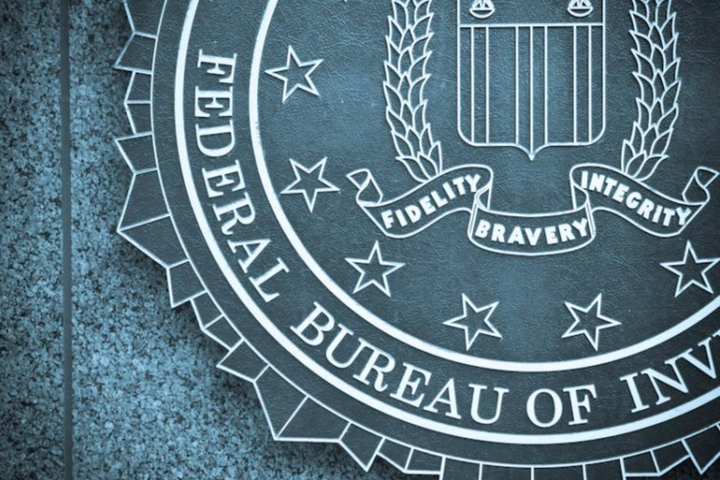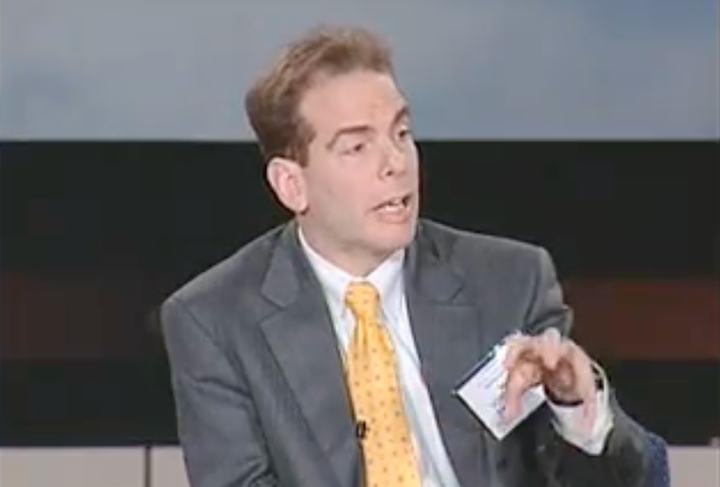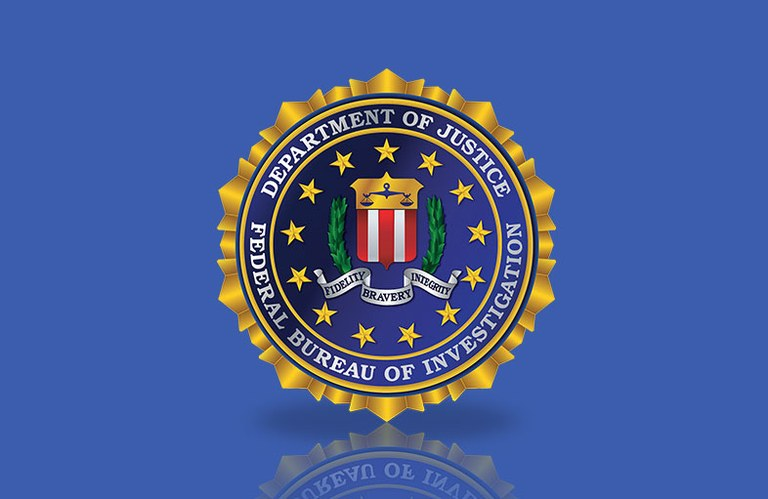Judge Reduces Burden On Prosecutors In Espionage Act Case Against Drone Whistleblower
Prosecutors claimed the “government does not intend to argue at sentencing that actual harm resulted" from Daniel Hale's actions.

A federal court rejected a request by drone whistleblower Daniel Hale to order the United States government to produce any damage assessments, which may show whether harm resulted from his disclosures.
District Judge Liam O’Grady did not immediately issue an order with any justification for his decision, but prosecutors—led by Assistant U.S. Attorney Gordon Kromberg—indicated the “government does not intend to argue at sentencing that actual harm resulted from his conduct.”
Hale pled guilty on March 31 to one charge of violating the Espionage Act, when he provided documents to Intercept co-founder Jeremy Scahill and anonymously wrote a chapter in Scahill’s book, The Assassination Complex: Inside the Government’s Secret Drone Warfare Program.
He was taken into custody and sent to the William G. Truesdale Detention Center in Alexandria, Virginia, on April 28. His sentencing is scheduled for July 27.
For sentencing, Hale asked the court to “compel the production of any damage assessment performed by the intelligence community or any other U.S. government agency.” He also urged the court to order the release of any “evidence of actual harm” or the lack of harm.
“It does not matter whether the government intends to make an issue of actual harm at Mr. Hale’s sentencing,” according to the motion to compel [PDF] that was filed. “The law requires this court to consider the nature and seriousness of the offense and any possible sentencing disparities, among other factors.”
Hale’s defense maintained, “Whether actual harm resulted from his conduct is central, just as it would be in nearly any criminal sentencing. The quantum of harm bears directly on the nature and seriousness of the offense, what would constitute just punishment, and the existence or lack of sentencing disparities.”
But the government does not believe a federal court has some obligation to consider “actual harm” when calculating a sentence nor do they believe it is important for a judge or jury to figure out where a case fits in the spectrum of previous Espionage Act cases.
The Justice Department plainly stated [PDF] they were “aware of no damage assessments” that focused on Hale’s disclosures, “much less [that suggest] little or no actual harm resulted.”
Prosecutors insist Hale is not entitled to evidence because he is not being sentenced for an offense in which it must be proven that “actual harm” resulted.
“We will not present at sentencing evidence of ‘actual harm” caused by Hale’s criminal activity,” the Justice Department responded. “As a result, the presence or absence (or the magnitude) of such actual harm will not be at issue at sentencing. Accordingly, such evidence would be neither ‘necessary’ or ‘essential’ to Hale’s defense.”
Hale’s defense countered [PDF], “It is not up to the government to pick and choose what will be relevant at Mr. Hale’s sentencing, nor to control what the court may consider at sentencing by narrowing its proposed trial evidence.”
“Rather, it is elementary that a sentencing court may consider nearly any factor that would be aggravating or mitigating.”
As argued by Hale’s defense, “The government’s decision not to offer proof of actual harm at sentencing does not render evidence of actual harm irrelevant. Neither does the fact that actual harm was not an element the government was required to prove at trial.”
“The question of actual harm is relevant at sentencing because, among other things, it describes the nature of the offense and because it sets Mr. Hale’s conduct in context with that of others convicted under the same or similar statutes.”
Over the past ten to fifteen years of Espionage Act cases, the government has consistently argued whether or not harm occurred should have no bearing on the extent to which they succeed in their prosecutions. It only matters if the accused had reason to believe harm would occur, and federal judges have deferred to their argument.
Judge Colleen Kollar-Kotelly ruled in 2013 in the Espionage Act case against former State Department contractor Stephen Kim that prosecutors could abandon precedent that was set in the trial against Samuel Morison, a Navy civilian analyst who leaked photographs of Soviet ships to Jane’s Defence Weekly.
“In cases like this which involve the alleged unauthorized disclosure of classified information, the Morison approach invites (if not requires) the jury to second guess the classification of the information,” Kollar-Kotelly declared. She suggested it would produce an “absurdity,” where a person on trial for an unauthorized disclosure could convert their trial into one against the “classifying party.”
By this standard, the Espionage Act effectively functions as an Official Secrets Act. So long as a person accused of an unauthorized disclosure signed a secrecy agreement or received training on the classification of information, they can be found guilty even if there is no proof that the information would harm national security or aid an adversary or “foreign power.”
Prosecutors restricted NSA contractor Reality Winner's defense by invoking Kollar-Kotelly’s ruling. They insisted the “plain language” of the Espionage Act does not require that the government demonstrate “alleged classified intelligence reporting could threaten the national security of the United States if disclosed.”
That the government may no longer be required to prove “actual harm” during sentencing further reduces the burden on the Justice Department, making it even more easier to make an example out of those who disclose information in the public interest to challenge military or national security operations.




Comments ()